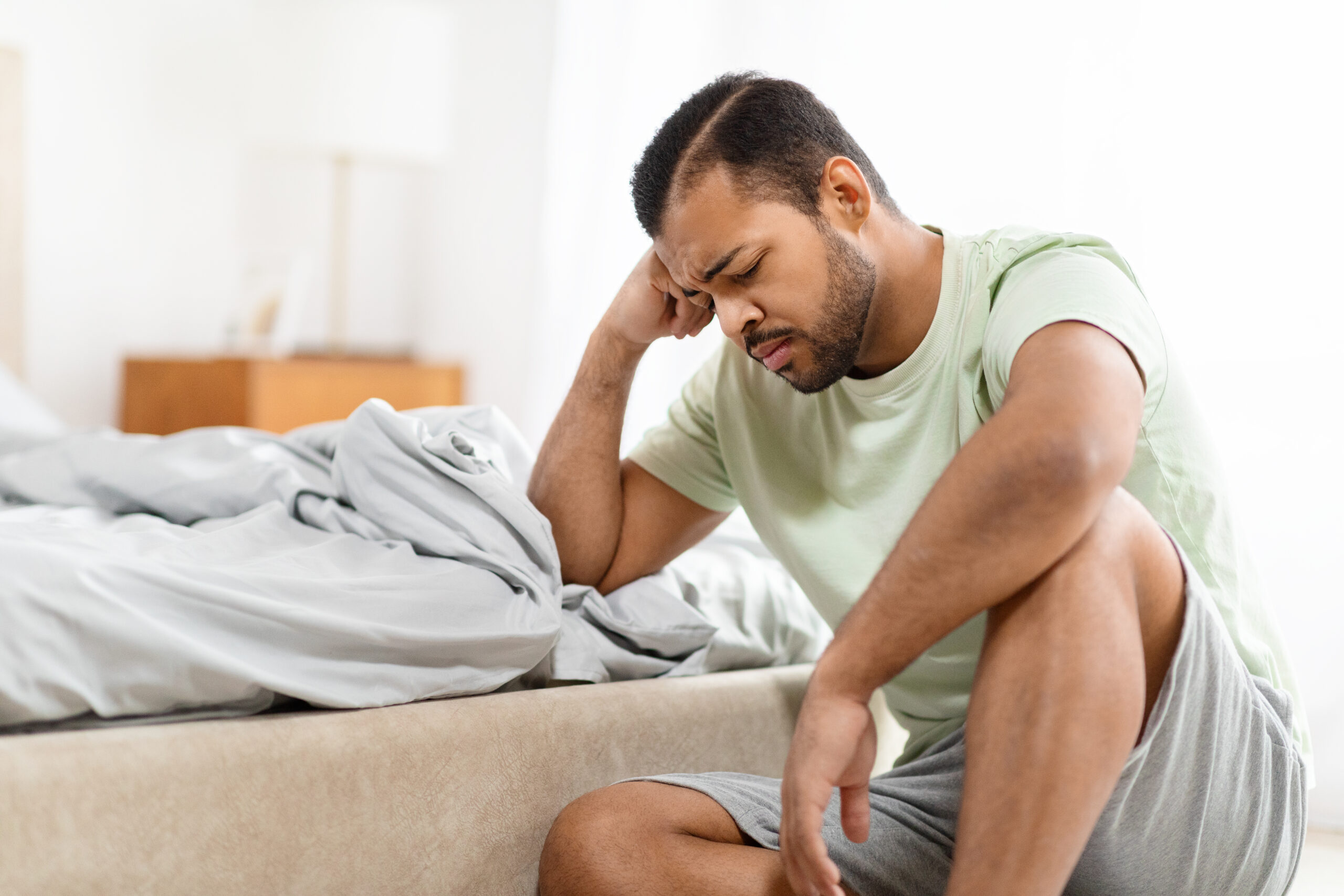Understanding the “Pelvic Flu” Phenomenon
If you’re a man dealing with symptoms that your pelvis feel like it has the flu, you’re not alone. Many describe this discomfort as a persistent heaviness, congestion, or flu-like sensation localized to the pelvic area. This issue often leaves men perplexed, particularly when traditional medical tests come back normal. Let’s dive into what might be causing this sensation and how to address it.
Symptoms and Triggers
Men experiencing this condition often report:
- A flu-like feeling in the pelvis after intercourse.
- Persistent discomfort triggered by specific activities.
- A sense of congestion or fullness in the pelvic area.
These symptoms can be sporadic or constant and may not correlate with any obvious medical condition. If this sounds familiar, it could point to an underlying pelvic floor issue.
Why Traditional Treatments May Fail
Many men with these symptoms seek help from primary care physicians or urologists. In the absence of a diagnosable infection or condition, these medical professionals might prescribe antibiotics as a precautionary measure. While antibiotics may offer temporary relief for some, they rarely resolve the problem entirely.
This temporary improvement might occur due to the anti-inflammatory properties of antibiotics, but without addressing the root cause, the symptoms typically return. In most cases, the issue lies within the pelvic floor muscles and surrounding fascia.
The Role of the Pelvic Floor and Fascia
Anatomy Overview
The pelvic floor is a group of muscles and connective tissues that support the bladder, prostate, intestines, and rectum. Fascia, a cobweb-like tissue, surrounds these organs and connects them to the musculature and bones. When the pelvic floor muscles and fascia become tight or imbalanced, it can lead to sensations of congestion and discomfort.
Visualizing the Pelvic Floor
Imagine a side view of the male anatomy. The pelvic floor muscles are located at the base of the pelvis, supporting the rectum, bladder, and prostate. Although fascia isn’t visible in anatomical models, it plays a crucial role in maintaining the structural integrity of these organs. Tightness or dysfunction in this area can disrupt circulation, lymphatic flow, and overall pelvic health.
Common Causes of Pelvic Floor Dysfunction
Pelvic floor dysfunction can result from a variety of factors, including:
Acute or Chronic Stress
Stress can significantly impact pelvic floor health. Acute stress, such as driving in a snowstorm for hours, can cause immediate muscle tension. Chronic stress from long-term work dissatisfaction or relationship issues may also lead to gradual pelvic floor dysfunction.
Trauma and Physical Strain
- Surgical procedures: Operations involving the pelvic region can affect muscle and fascia balance.
- Sports injuries: Direct trauma to the pelvic area can trigger symptoms.
- Repetitive strain: Activities requiring prolonged sitting or heavy lifting may contribute to dysfunction.

Diagnosis and Treatment
If traditional medical evaluations have ruled out infections and other conditions, it’s time to consider pelvic floor dysfunction as the root cause. A specialized physical therapist can assess and treat this condition effectively.
What Does Treatment Involve?
At our practice, we specialize in addressing pelvic floor and musculoskeletal issues. Our approach includes:
- Manual Therapy: Using hands-on techniques to release tight muscles and fascia.
- Improving Circulation: Enhancing blood flow and lymphatic drainage to reduce congestion.
- Muscle Balance: Restoring proper contraction and relaxation patterns to the pelvic muscles.
- Personalized Care: Tailoring treatment plans based on the individual’s history and symptoms.
Benefits of Physical Therapy
By addressing the underlying muscular and fascial imbalances, men often experience:
- Reduced pelvic congestion and discomfort.
- Improved urinary and sexual function.
- Enhanced overall well-being and mobility.
Why This Happens to You
The onset of pelvic floor dysfunction varies from person to person. For some, it’s a sudden occurrence following a stressful or traumatic event. For others, it’s the culmination of years of unnoticed strain. Understanding the triggers and history of your symptoms helps guide effective treatment.
A Message of Hope
If you’ve felt stuck in a cycle of medical appointments with no clear answers, there is hope. Pelvic floor dysfunction is a common yet often overlooked issue that can be treated successfully with the right approach.
Does Your Pelvis Feel Like It Has the Flu? – Take the Next Step
Don’t let unexplained pelvic symptoms control your life. Seek out a specialized physical therapist to evaluate and address the root cause of your discomfort. With targeted treatment, you can regain your quality of life and feel like yourself again.
Also Read: What is Chronic Pelvic Pain Syndrome (CPPS)?
About:
I’m Hina Sheth. I have been treating complex orthopedics, sports and pelvic floor physical problems for over 25 years with amazing results. Now I want to bring my knowledge to the global community so I can spread my knowledge to you.
Our bodies are complex systems of 600 muscles and organs intertwined in a fascial system that all work together. Imbalances in this system such as trigger points, visceral and myofascial restrictions can lead to joint, pelvic, and organ issues.
Factors like nutrition, exercise, sleep, and stress play a crucial role. Unfortunately, our current healthcare model does not look at our bodies as a whole and oftentimes compartmentalize musculoskeletal injuries and dysfunctions.
At Rebalance, our goal is to holistically treat this complex system to restore harmony in the body. By addressing these imbalances, we help clients improve their overall health and well-being. Our vision is to empower individuals to create a healthier lifestyle for themselves.






